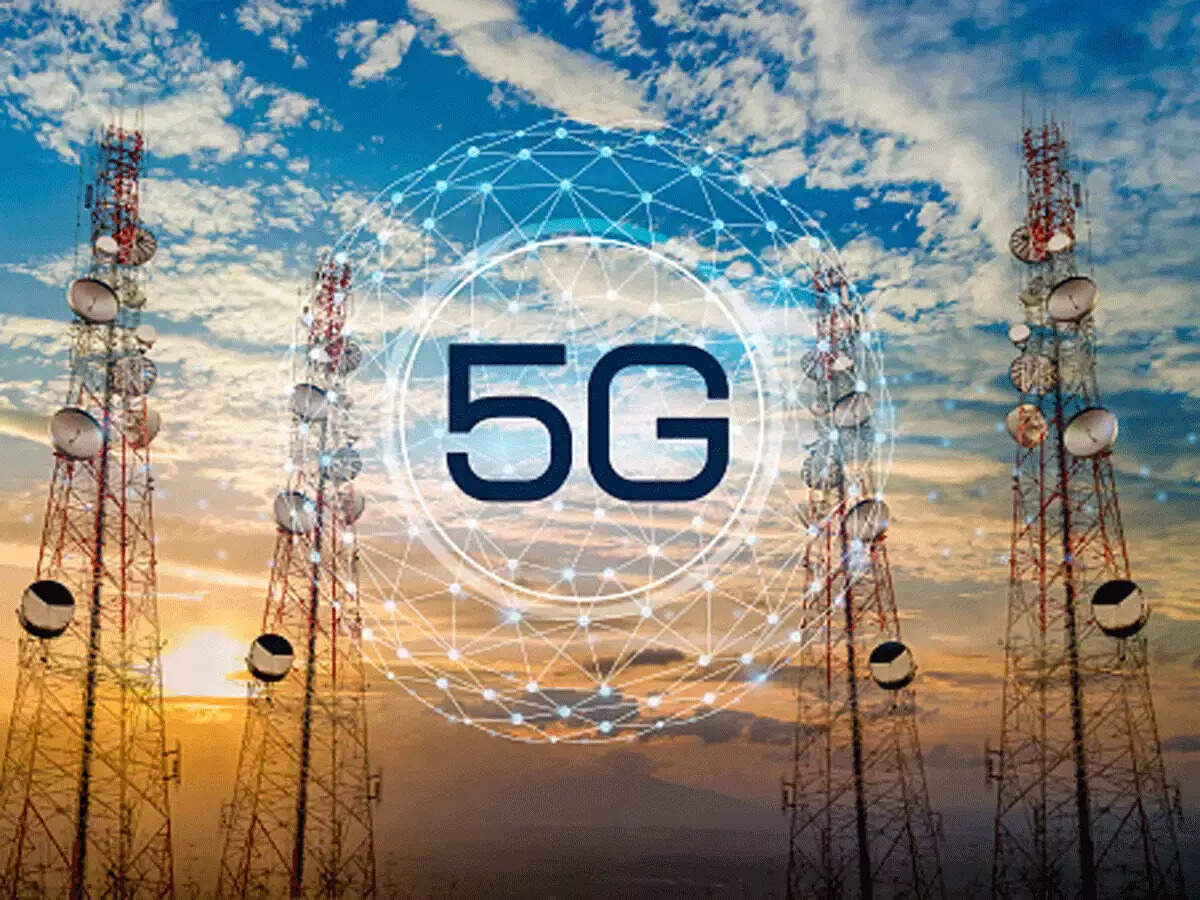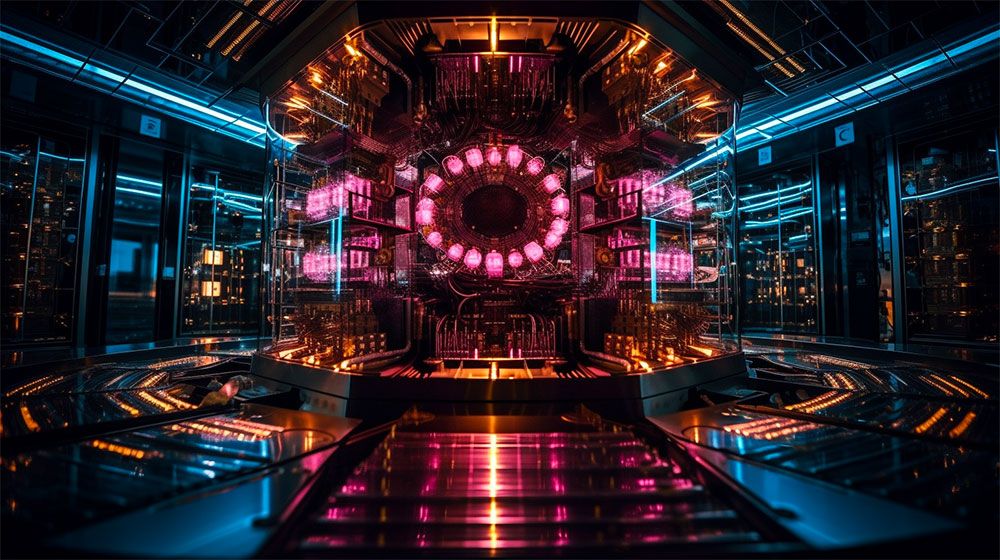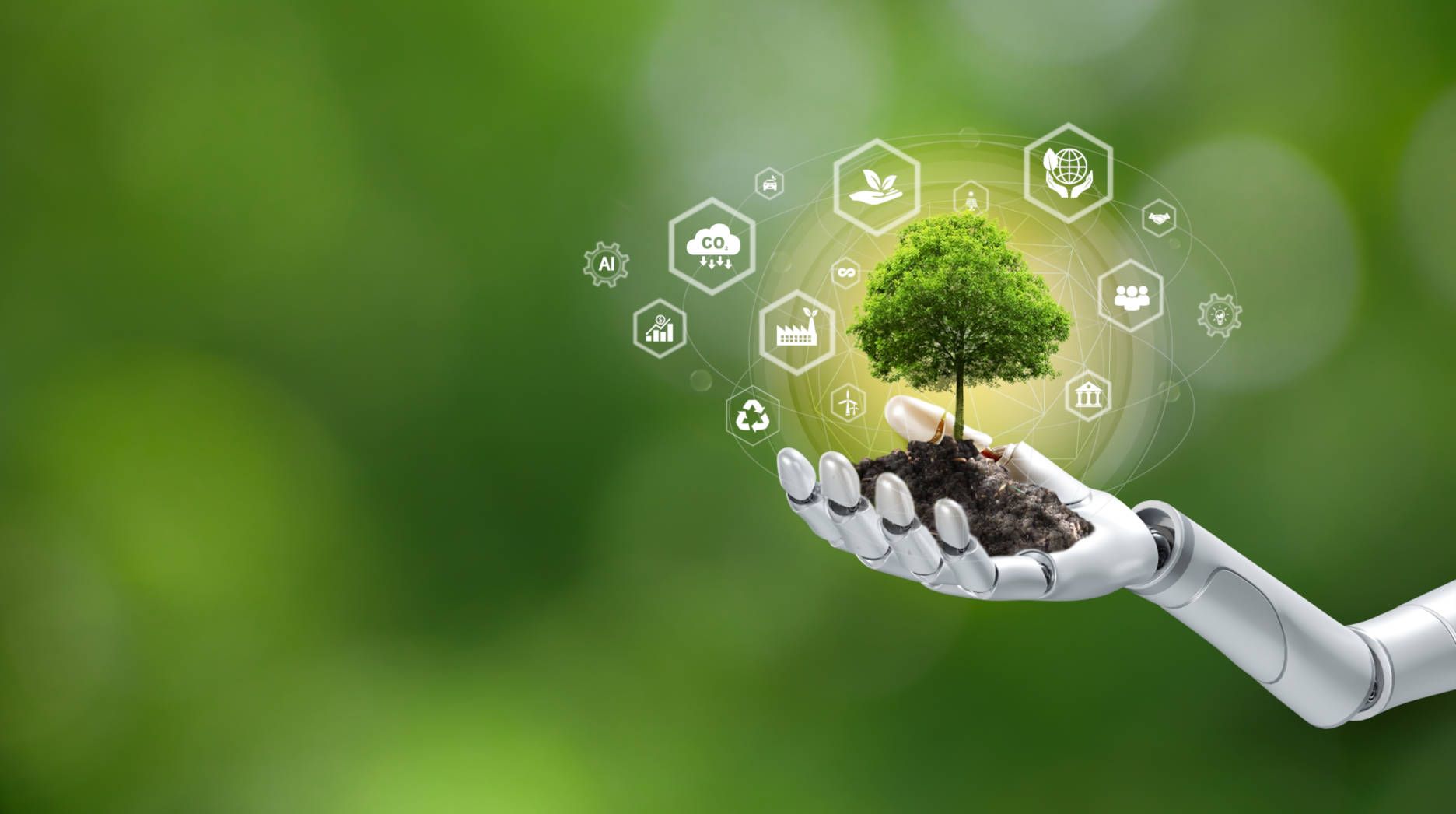Your cart is currently empty!
Technology In 2025
What to Expect from Technology in 2025

A Glimpse into the Future
The pace of technological evolution is accelerating at an unprecedented rate, with innovations emerging across various sectors that promise to transform industries and everyday life. As we approach 2025, the technological landscape is expected to be vastly different from what we know today, with advances in fields such as artificial intelligence (AI), 5G, quantum computing, and augmented reality (AR) leading the charge. In this article, we explore the key trends and innovations to expect from technology in 2025.

AI and Automation: Ubiquitous and More Intelligent
By 2025, artificial intelligence will no longer be a distant promise but a core component of everyday life. AI-powered systems will be deeply embedded in consumer products, services, and business processes, improving efficiency, productivity, and personalization. Here’s what we can expect:
AI-Driven Personal Assistants
AI personal assistants, such as Siri, Google Assistant, and Alexa, will become more intelligent and capable, capable of understanding context, emotions, and even predicting your needs. These assistants will not just perform basic tasks, but will integrate seamlessly with all your devices, helping manage your schedule, monitor health, and even suggest ways to optimize your daily routines based on data analysis.
Automation of Everyday Tasks
From self-checkout systems in supermarkets to robotic process automation (RPA) in workplaces, the automation of repetitive tasks will be widespread. In homes, smart appliances will take over chores such as cooking, cleaning, and laundry, reducing the amount of time spent on daily maintenance.
AI in Healthcare
AI will continue to revolutionize healthcare, with algorithms helping doctors diagnose conditions, recommend treatments, and even predict health outcomes. By 2025, AI will likely be instrumental in providing personalized treatment plans, and we could see AI-driven surgery robots operating with precision that exceeds human capabilities.
Autonomous Vehicles
Self-driving cars, trucks, and drones will be further refined by 2025, offering safer, more efficient, and environmentally friendly transportation. With advancements in AI and machine learning, these autonomous systems will be able to navigate complex traffic scenarios and weather conditions, making them a mainstream part of the transport infrastructure.

5G and Beyond: Hyper-Connected World
The rollout of 5G networks is expected to be completed by 2025, and this will bring about a seismic shift in how we connect with the world around us. The ultra-low latency and high-speed connectivity of 5G will unlock new opportunities for both consumers and businesses.
Internet of Things (IoT) Expansion
With the advent of 5G, the Internet of Things (IoT) will reach new heights. Expect homes, offices, cities, and even entire countries to become more connected. From smart refrigerators that automatically reorder groceries to wearable devices that track everything from fitness to your emotional state, the amount of data generated by IoT devices will increase exponentially.
Smart Cities
By 2025, many cities will be embracing the concept of smart cities, with technologies like smart traffic management, pollution monitoring, and energy optimization. 5G will play a critical role in enabling these systems to work in real-time, allowing for better urban planning and a more sustainable way of life. Automated vehicles, drone deliveries, and public transportation networks will work seamlessly together, reducing congestion and pollution.
Industry 4.0 and Connected Factories
5G will also transform industries by enabling Industry 4.0—a revolution in manufacturing where smart factories, connected supply chains, and real-time data analytics drive productivity. Sensors, AI, and machine learning will be used to predict maintenance needs and optimize operations, while robots will work alongside humans in a more collaborative environment.

Quantum Computing: A New Era of Problem-Solving
By 2025, quantum computing is expected to make significant strides toward practical applications. Although still in its infancy, the potential of quantum computers to solve complex problems that are beyond the capabilities of classical computers will begin to be realized in fields such as cryptography, pharmaceuticals, and materials science.
Advancements in Quantum Cryptography
Quantum computing will revolutionize the field of cybersecurity. With its ability to solve complex mathematical problems at speeds unimaginable for classical computers, quantum computers will make traditional encryption methods obsolete. Quantum cryptography will provide ultra-secure communication channels, making data breaches and cyberattacks much harder to execute.
Drug Discovery and Materials Science
Quantum computers will be able to simulate the behavior of molecules and materials with incredible precision, enabling faster drug discovery and the creation of novel materials with unique properties. This could lead to breakthroughs in treating diseases like cancer and Alzheimer’s, as well as innovations in areas such as energy storage and environmental sustainability.
Solving Complex Global Challenges
The ability of quantum computers to process vast amounts of data in parallel will be key in addressing some of the world’s most pressing challenges, such as climate change modeling, resource management, and optimizing supply chains.

Augmented Reality (AR) and Virtual Reality (VR): Immersive Experiences
The next wave of augmented reality (AR) and virtual reality (VR) will reshape industries such as gaming, healthcare, education, and retail. By 2025, AR and VR will be far more integrated into daily life, offering experiences that are richer, more immersive, and widely accessible.
AR for Everyday Use
Expect augmented reality to become an everyday tool, with smart glasses or AR-enabled smartphones providing instant access to contextual information overlaid on the real world. Imagine walking through a store and having product information displayed right in front of you, or navigating a new city with interactive AR maps that guide you step by step.
Virtual Workspaces and Education
Virtual reality will further transform remote work and learning, with VR-powered workspaces and classrooms providing more immersive, interactive experiences. Rather than just attending virtual meetings, remote workers will be able to engage in fully immersive environments that replicate in-person collaboration. Similarly, VR will revolutionize education by providing students with virtual labs, historical simulations, and 3D models for a deeper learning experience.
AR and VR in Healthcare
Both AR and VR will be crucial in healthcare by 2025. Surgeons will use AR to overlay vital information during surgery, improving accuracy and outcomes. VR will be used for pain management, mental health therapy, and rehabilitation, offering patients novel ways to cope with trauma and stress.

Biotechnology and Human Enhancement: Merging Biology with Technology
Advances in biotechnology will also be transformative by 2025, particularly in areas like genetic engineering, personalized medicine, and human enhancement.
CRISPR and Gene Editing
The gene-editing technology CRISPR will be used to address genetic disorders and perhaps even enhance human traits. By 2025, we could see gene therapies that offer cures for previously untreatable conditions like sickle cell anemia, cystic fibrosis, and certain forms of cancer.
Personalized Medicine
With breakthroughs in genomic medicine, healthcare will shift from a one-size-fits-all approach to more personalized treatments. Doctors will be able to tailor treatments based on an individual’s genetic makeup, reducing side effects and improving efficacy.
Wearables and Biohacking
The growth of wearable devices will continue, with new innovations allowing for continuous health monitoring at a microscopic level. Devices that track blood sugar, monitor heart conditions, or even provide real-time diagnostics are expected to become commonplace. Additionally, biohacking will see increased popularity, as individuals seek to enhance their physical and cognitive abilities with technologies like brain implants and genetic enhancements.

Sustainability and Green Tech: A Greener Future
Sustainability will be a key focus in 2025, with technology playing a crucial role in reducing humanity’s carbon footprint and promoting environmental responsibility.
Renewable Energy and Smart Grids
Renewable energy sources such as solar, wind, and hydropower will be increasingly integrated into national grids, supported by smart grid technology that helps manage energy distribution efficiently. Expect new breakthroughs in energy storage, enabling solar and wind energy to be stored and used more effectively, even when the sun isn’t shining or the wind isn’t blowing.
Carbon Capture and Sustainability Tech
Technologies for carbon capture and sustainable agriculture will be more widely implemented, with innovations in waste management, plant-based food production, and sustainable building materials helping to reduce the overall environmental impact.
Green Transportation
Electric vehicles (EVs) and charging infrastructure will continue to grow rapidly, and by 2025, EVs are expected to become more affordable and widespread. Hyperloop systems and other futuristic transportation models will also begin to move from concept to reality, reducing reliance on traditional fossil-fuel-based transport.
Conclusion: A Year of Transformative Change
In 2025, we can expect technology to continue pushing the boundaries of what’s possible, reshaping the way we work, live, and interact with the world. From the rise of AI and quantum computing to the integration of AR/VR and biotechnology into daily life, the next few years will be nothing short of revolutionary. As these technologies evolve, they will not only create new opportunities but also challenge us to think critically about how we use them to shape a sustainable, equitable, and inclusive future.

